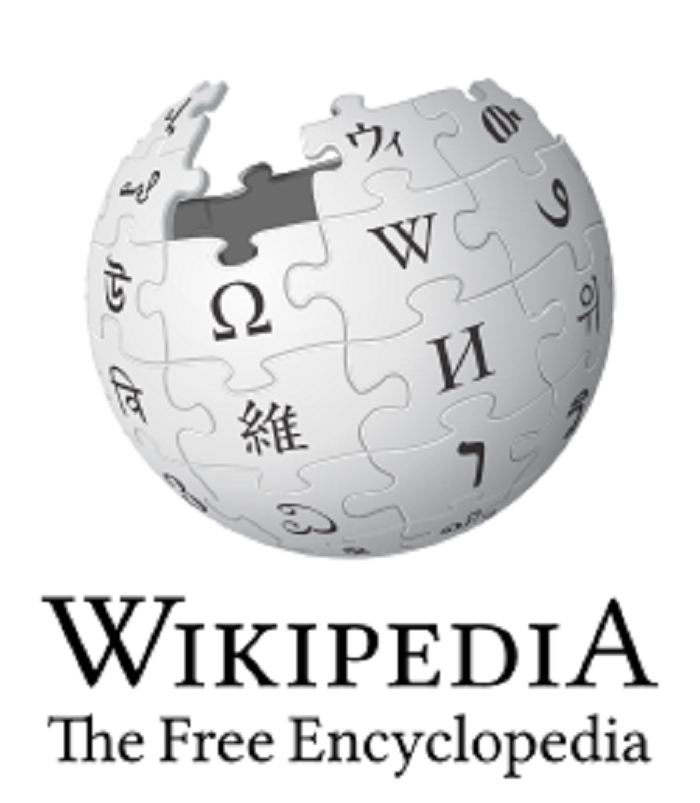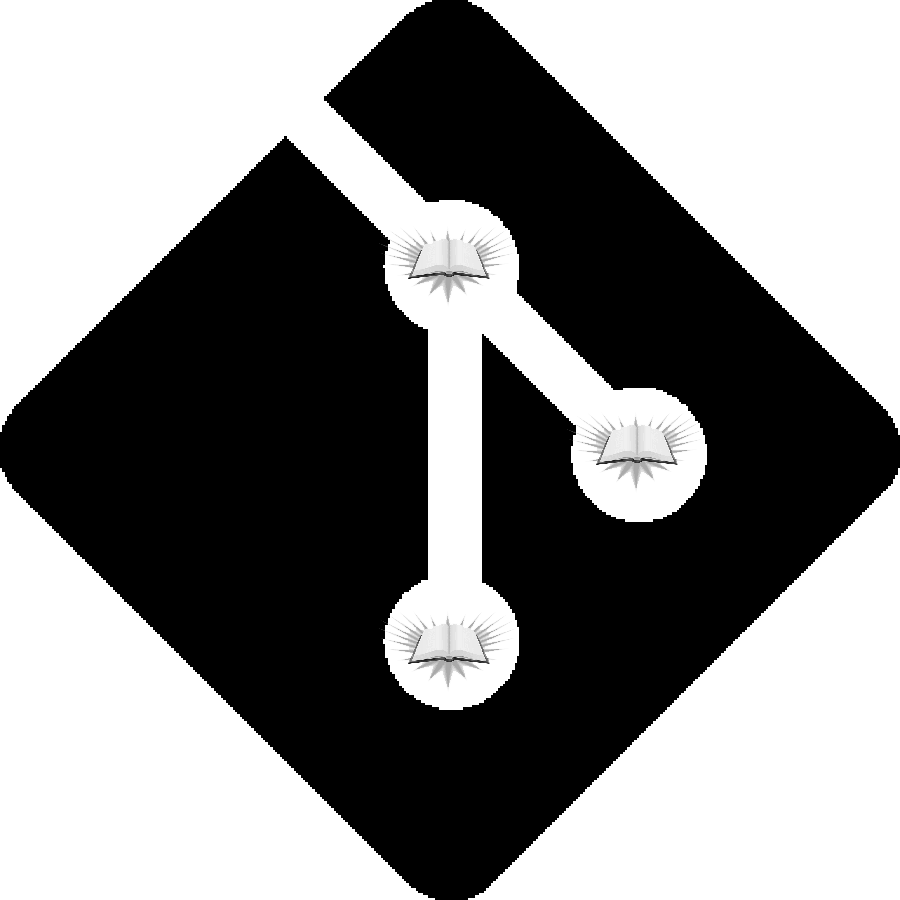Wiki

How to you summarize the totality of scientific, philosophical, psychological, and spiritual knowledge into a single metanarrative that can fully convey the gist of the nature of existence to anyone who gives it a thorough reading?
The wiki format provides a wide range of benefits for a project with this goal in mind.
Adding Meaning, Not Ideology
If Wikipedia represents all of human knowledge, the metaculture wiki represents the story that it tells, and a way for our minds to comprehend it and communicate it to others with a "canon" of writings, as has been the tradition among humans since we evolved societies.
It attempts to provide an optimistic and holistic perspective on the latest scientific consensus that allows the reader to see it with more wonder and meaning than the encyclopedic descriptions found in Wikipedia.
It differs from projects like Conservapedia, which filters fact-based information in Wikipedia through the ideology of Christian conservatism, rejecting anything that conflicts with that ideology. The metaculture wiki links directly to Wikipedia for its reference material, because following the scientific evidence is its only ideology. If this wiki disagrees with it says on Wikipedia, go with Wikipedia.
The Happiest YouTube Rabbit Hole
The wiki provides context and links to related topics in the text for each page, and several high-quality YouTube videos that explore each subject in detail. This allows you to explore videos on secular spirituality, science, politics, economics, and philosophy, using a curated selection that is vetted for pseudoscience, misinformation, propaganda, conspiracy, grift, and hate. Instead of letting the algorithm present you with the things it wants you to watch next, you can explore the wiki links as your interests dictate, and find great videos on each subject that won't make you a pariah at your next family gathering.
You can also create an account, edit the page, and share your own favorite videos on any subject!
Given the wiki's focus on understanding consciousness, maximizing happiness and well-being, and creating a universal in-group, going down this YouTube rabbit hole will help you develop a personal philosophy that creates wonder and deep meaning in your life without invoking the supernatural. It overrides the outrage algorithm and replaces it one with that promotes flourishing.
Self-Creating, Evolving and Eternal
A huge advantage of the wiki format is the ability to collaborate. Since metaculture is an emergent system of thought, there are many people with their own knowledge and perspective about each subject. The wiki format allows them all to contribute if they have something to add.
People also get things wrong, and scientific advancement enhances and replaces old ideas as our knowledge about them expands. Wiki will allow anyone to point out and correct factual errors, or update pages on any subject that has become obsolete. A static writing would forever enshrine those obsolete ideas until it reads like a 50 year old science textbook. The wiki format allows for self-correction of doctrine, which is necessary to avoid dogma.
"It's better to be edited than discredited"
The wiki format will allow those additions and revisions to continue in perpetuity. If the goal of metaculture is to create a system of thought that can transcend the ones that have stood for the last 2000 years, it needs to allow for all the changes that will come in the next 2000 years. This cannot be accomplished with a static writing format. We can barely imagine what the next 100 years of scientific advancement will bring, much less the next 1000.
It Isn't Done Yet

When this wiki was launched it was populated with longer articles describing the core philosophical tenets, along with shorter pages that addressed more specific topics. Videos provide high-quality educational background on each topic. The overall framework of the metaculture belief system is laid out, but there are many details that still need to be filled in, particularly in the expansive best practices section that attempts to describe the practical application of these principles in all areas of life.
This should be a collaborative effort, with like-minded people sharing their expertise on each subject until all of the essentials are covered. Each page should have context for how that topic relates to the holistic vision of the universe, and educational materials for kids, teens, and adults. The text should distill each concept into its core meme, while providing access to the world of evidence that led to this conclusion through links. They should be brief and to the point, but still cover all of the most essential concepts.
And it should focus on why each of these things is wonderful and should fill us with joy!
By design, the wiki will never be "finished", only constantly improved. But at first launch it is definitely more of a foundation and a frame than a fully constructed house.
But Don't Overdo It
There is an infinite amount of information that could be included in this wiki. But if it becomes so big that it is impossible to get through it all, it will no longer serve its purpose. It should be possible to consume it like an interactive book that can ultimately be "finished".
Information overload must be avoided. Only the key pieces of information that are necessary to fill in the most common knowledge gaps and relate each topic to the big picture should be provided. Unlimited references are encouraged, but the main content should be limited to a few paragraphs and videos on each subject.
Non-Linear Reading Format
The non-linear reading format wiki provides has two key advantages. Human thought itself is non-linear, constantly veering off on tangents as the conceptual associations we make focus our attention on new ideas. Each person comes to it with their own knowledge and ignorance on each subject. If an article mentions Maslow's hierarchy of needs for instance, you may already know all about this subject or you may have never heard of it. The wiki format allows you to follow that link and learn more about it if necessary, or continue reading if you are already familiar with the subject.
This allows each article to be written much more concisely than it could be in a linear format. In a book it is necessary to dedicate time, energy and space to any concept that the reader is likely to be unfamiliar with. Any avid reader of popular science and philosophy is familiar with the tedium of having the same common concepts explained again and again in every book they read because of the possibility that another reader may be learning about the subject for the first time. The wiki format replaces these redundant explanations with a single link that the reader can follow if needed.
Follow the webinar series for a breakdown of topics into logical chunks, with a presentation and discussion of each.
Every Term is Defined
In order to accommodate the wiki format, some terms are used based on specific definitions or usages that are described on its page. These are often not the most common usage, such as the interchangeability of god and universe in the pantheistic view. It is important to take these definitions into account when considering any statement made on this wiki. While you may not agree with the usage, that is a separate debate. The arguments should be considered using the intended definitions of words that have all been spelled out in detail, rather than the ones based on your pre-existing assumptions.
The failure to provide accurate definitions for terms being used, the assumption that others share your exact definition, and the reader's failure to interpret text according to the author's stated definition, are the source of most misunderstandings. The wiki provides easy-to-access definitions for every key term, every time it is used.
You can quickly hover over each link and get a preview of the first paragraph and a page thumbnail to make sure it doesn't immediately conflict with your assumptions. The thumbnails also help you recognize alias links that you have already seen. This is easier when reading in a desktop browser since phones don't have a mouse that can hover over a link but there should be an equivalent gesture.
Maintaining Cultural Relevance
While the initial wiki was populated with the writings of a single author, the ideas should be fully separated from their authorship. First person perspectives and personal anecdotes are not used, and references to specific current events and popular culture can be updated to stay current. If a subjective point cannot be made without the first person, the term "this author" will be used in place of "I" to emphasize the anonymous and collaborative goal of this project.
References to religions, scripture, politics and culture should be generalized and made as universal as possible to allow people from any time, place or background to approach the subject matter equally.
Eventually, the wiki platform will also allow for translations into multiple languages and recontextualization of the ideas for individual cultures. The language translation feature can even be used to code switch between different generations and cultural sub-groups, replacing the musical references, memes, pop culture references, and religious allegories with those specific to a particular group.
Languages and Education Levels
The wiki will also allow for multiple language translations, as well as multiple education level translations. The initial wiki will be written on an academic reading level and assume the reader is familiar with of the fundamentals of science, philosophy, theology, and fractals. But each page should eventually offer simplified versions that explain concepts using allegory and examples, and provide additional reference materials to help those who are unfamiliar with with the topics being discussed.
Video based tutorials are also provided that provide different levels of simplicity and depth in their explanations. The best publicly available video content on each subject is embedded on each page to help provide rich and entertaining background information.
In its final form, multiple versions of each page can be published with beginner (primary school), intermediate (high school), and advanced (academic) levels of detail, allowing you to switch between versions like you would a language translation.
References
The wiki will allow extensive linking to source material and research that backs up any assertions or conclusions made. The initial framework will mostly describe the perspective and methodology that metaculture will use to identify religious, psychological, political, and economic best-practices rather than drawing conclusions on what they currently are. This task is better left to subject matter experts who can provide this detail and cite the research to back it up. Hence, extensive links to corresponding pages on Wikipedia.org will be used to provide background information since these are written and maintained by experts already, and metaculture simply provides organization and perspective on these facts, not primary research or summarization thereof.
Music and Video
Embedded educational videos related to each subject will be provided where available. These may not always approach the subject matter from the exact perspective being presented in the text, but when they aren't they are complementary or provide good background information.
Some are taken from podcasts or YouTube channels that have a lot of other content, and it should go without saying that linking to one specific video is not an endorsement of all content on that channel.
Basic introductory videos designed for children and students are included, as well as more advanced discussions of each topic, or even full academic lectures. The selection should be curated to ensure the best content that is freely available on each subject should be provided, and anything that will cause your algorithm to send you down a right wing rabbit hole will be avoided.
All pages will also contain a music video for a song that evokes that subject. These can be used as a playlist to provide musical accompaniment as you read.
Instructions for embedding videos
Version Control

The wiki will track the version history of each article and provide the ability for authors to discuss changes, and for those discussions to be visible to future generations.
It's like scripture with version control. Giture if you will pardon the pun.
Moderation Policy
Once a critical mass of editors have joined the project, a content moderation policy will be developed and implemented to ensure that accuracy and a consistent perspective are maintained throughout.
At the initial stages when the editors are a handful of people who know each other IRL, the implementation of a moderation policy creates unnecessary overhead.
The eventual moderation policy should ensure that the goals and values of the metaculture project are consistent throughout, and that information overload is avoided. Once the "canon" is completed, updates should be made to keep cultural references current, and when scientific paradigms have shifted.
How to Edit a Wiki
This video will teach you how to edit Wikipedia pages.